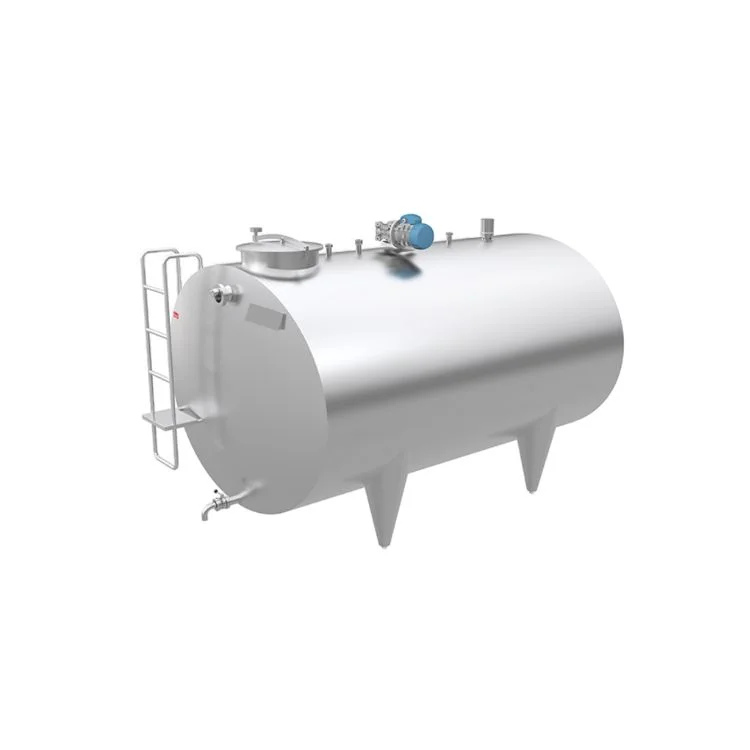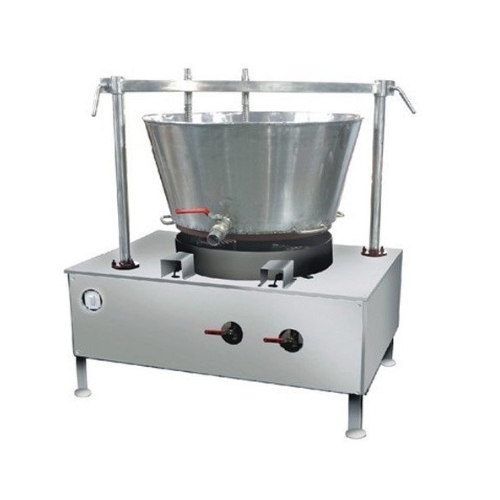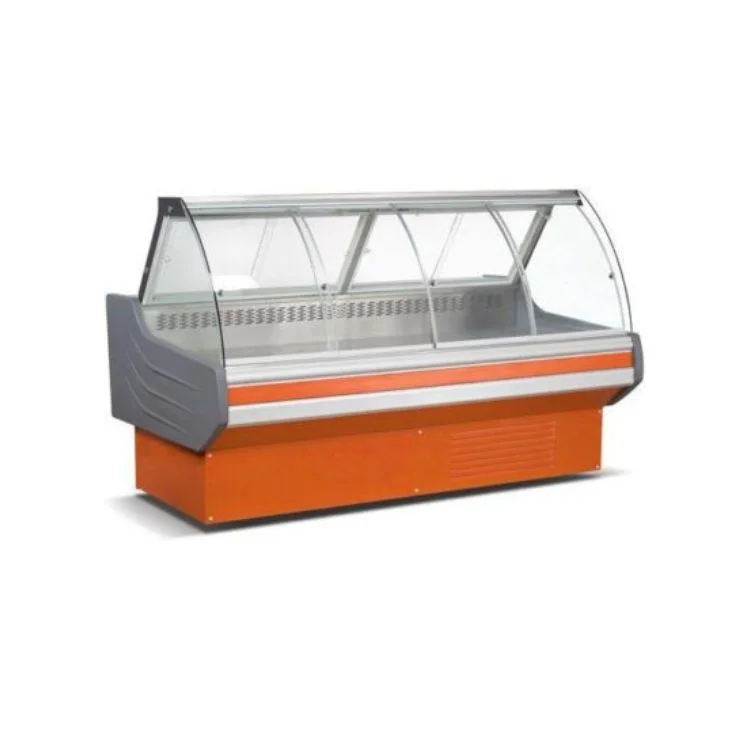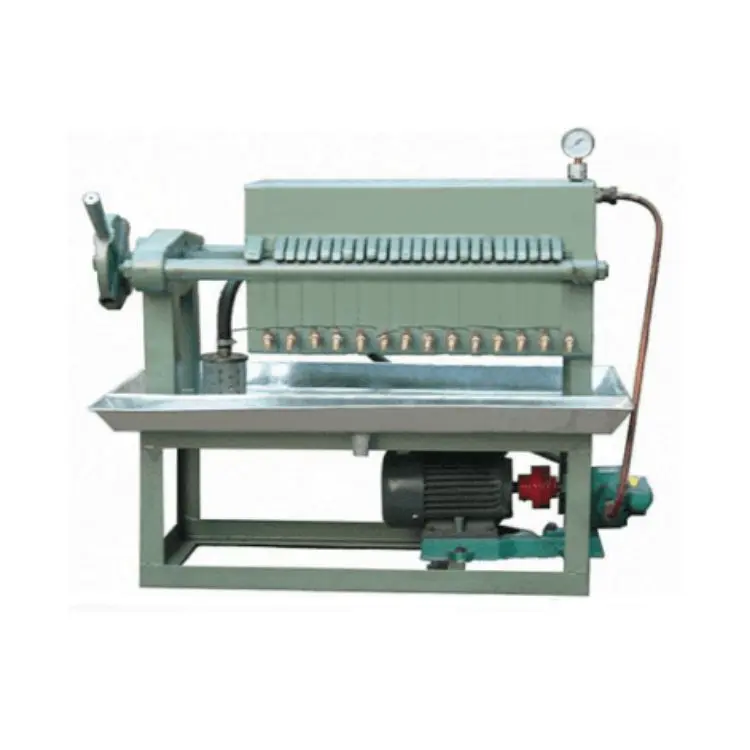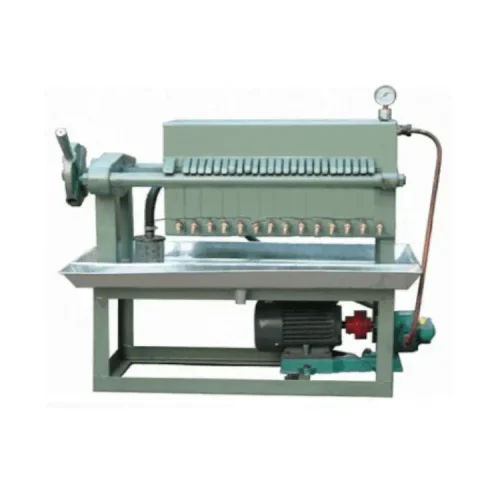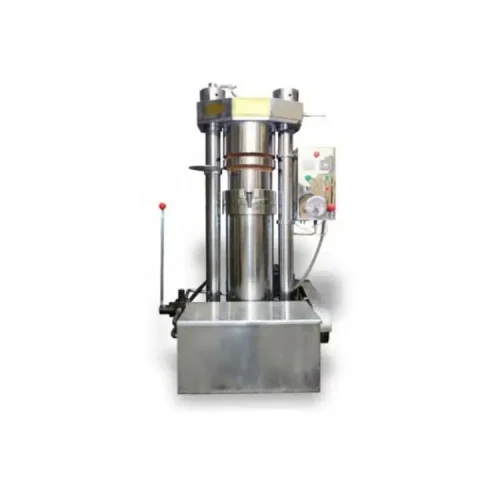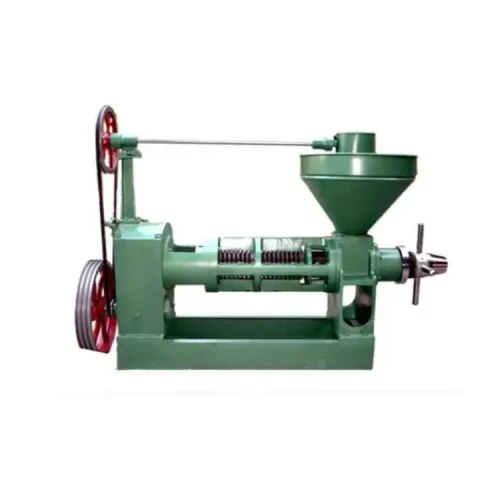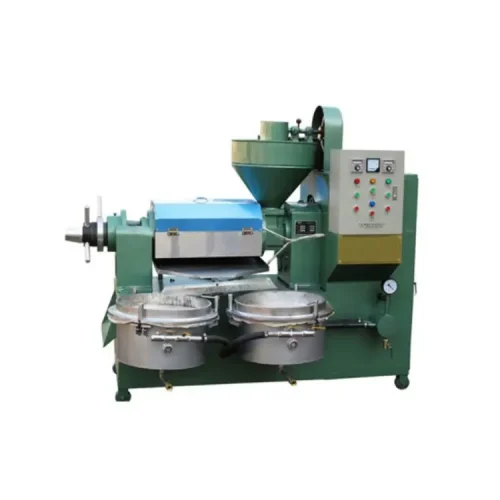Understanding the Importance of Plate Pressure Oil Filters in Engine Performance
If you want to keep your engine in peak performance, understanding the importance of plate pressure oil filters is crucial. These filters play a critical role in maintaining the overall health and longevity of your engine. By effectively removing contaminants and debris from the oil circulation system, plate pressure oil filters prevent them from causing damage to vital engine components.
Imagine your engine as the heart of your vehicle. Just as clogged arteries can lead to heart problems, a neglected oil filter can result in catastrophic engine failure. With the right filtration system in place, your engine can breathe easier, resulting in improved efficiency and better overall performance.
Not all oil filters are created equal. Plate pressure oil filters, in particular, are known for their superior filtration capabilities. They feature a series of metal plates that create a labyrinth-like path for the oil to flow through. This design allows for maximum contact between the oil and the filter, efficiently trapping even the smallest particles.
Don’t overlook the small yet mighty plate pressure oil filters. Invest in quality filters to ensure optimal engine performance and reliability for years to come.
How plate pressure oil filters work
Plate pressure oil filters are a key component in maintaining the health and performance of your engine. Unlike conventional oil filters, plate pressure oil filters feature a unique design that maximizes filtration efficiency. These filters consist of a series of metal plates that create a labyrinth-like path for the oil to flow through. As the oil passes through this intricate network of plates, contaminants and debris are effectively trapped, ensuring that only clean oil reaches vital engine components.
The design of plate pressure oil filters allows for maximum contact between the oil and the filter surface. This means that even the smallest particles are captured, preventing them from circulating through the engine and causing damage. The plates also create turbulence in the oil flow, which helps to agitate and dislodge any trapped debris, further improving the filtration process.
Plate pressure oil filters are typically made from high-quality materials that can withstand the demanding conditions within an engine. The metal plates are often coated or treated to enhance their durability and resistance to corrosion. This ensures that the filter can effectively perform its function for an extended period, providing reliable protection for your engine.
Investing in a plate pressure oil filter is a wise choice if you want to ensure the longevity and optimal performance of your engine. By efficiently removing contaminants and debris, these filters help to maintain the cleanliness of the oil circulation system, which is crucial for the overall health of the engine.
Importance of clean oil for engine performance
Clean oil is essential for the proper functioning of an engine. It serves multiple purposes, including lubricating moving parts, reducing friction, and dissipating heat. When oil is contaminated with debris, dirt, or other contaminants, it loses its ability to perform these functions effectively, compromising the performance and longevity of the engine.
One of the primary roles of an oil filter, including plate pressure oil filters, is to remove these contaminants from the oil circulation system. By doing so, the oil can continue to lubricate the engine components properly, ensuring smooth operation and minimizing wear and tear. Clean oil also helps to reduce friction between moving parts, which can further enhance the engine’s efficiency and performance.
Additionally, clean oil plays a crucial role in maintaining optimal engine temperature. As oil circulates through the engine, it absorbs heat from various components. If the oil is contaminated, it becomes less effective at dissipating this heat, leading to increased engine temperatures. Over time, excessive heat can cause damage to engine components and reduce overall performance.
By using a plate pressure oil filter that effectively removes contaminants from the oil, you can ensure that your engine operates at its best. Clean oil allows for smoother operation, reduced friction, and improved heat dissipation, all of which contribute to better engine performance and longevity.
Benefits of using plate pressure oil filters
- Enhanced Filtration: Plate pressure oil filters are known for their superior filtration capabilities. The design of these filters allows for maximum contact between the oil and the filter surface, ensuring efficient trapping of even the smallest particles. This helps to maintain the cleanliness of the oil circulation system and reduces the risk of engine damage.
- Improved Engine Efficiency: By removing contaminants and debris from the oil, plate pressure oil filters help to maintain the proper lubrication and reduce friction between moving parts. This, in turn, improves engine efficiency, leading to better fuel economy and overall performance.
- Extended Engine Life: Clean oil is vital for the longevity of an engine. Plate pressure oil filters play a crucial role in keeping the oil clean and free from harmful contaminants. By using these filters, you can help to extend the life of your engine and minimize the risk of costly repairs or premature failure.
- Cost Savings: Investing in quality plate pressure oil filters can result in long-term cost savings. By effectively removing contaminants, these filters help to reduce wear and tear on engine components, which can lead to fewer repairs and replacements. Additionally, improved engine efficiency can translate into better fuel economy, saving you money at the pump.
- Environmental Benefits: Clean oil not only benefits your engine but also the environment. By using plate pressure oil filters, you can help to reduce the release of harmful emissions and minimize the environmental impact of your vehicle.
Signs of a clogged or malfunctioning plate pressure oil filter
A clogged or malfunctioning plate pressure oil filter can have detrimental effects on your engine’s performance. It is essential to be aware of the signs that indicate a potential problem with the filter. Some common signs of a clogged or malfunctioning plate pressure oil filter include:
- Reduced Oil Pressure: A clogged filter restricts the flow of oil through the engine, leading to a drop in oil pressure. Low oil pressure can result in inadequate lubrication, increased friction, and potential damage to engine components.
- Engine Overheating: A malfunctioning oil filter can impede the proper circulation of oil, leading to inadequate cooling of engine components. This can cause the engine to overheat, resulting in reduced performance and potential damage.
- Increased Engine Noise: When the oil filter is clogged, oil flow to the engine is restricted, which can result in increased engine noise. This is often caused by the lack of proper lubrication between moving parts.
- Poor Fuel Efficiency: A clogged oil filter can negatively impact engine efficiency, leading to increased fuel consumption. If you notice a sudden decrease in fuel efficiency, it could be a sign that the oil filter needs to be replaced.
- Engine Performance Issues: A clogged or malfunctioning oil filter can cause various performance issues, such as reduced power, hesitation, or rough idling. These problems can be attributed to inadequate lubrication and increased friction between engine components.
If you experience any of these signs, it is crucial to address the issue promptly. Ignoring a clogged or malfunctioning oil filter can lead to severe engine damage and costly repairs. Regularly inspecting and replacing the oil filter as recommended by your vehicle’s manufacturer is essential to maintaining optimal engine performance.
Proper maintenance and care for plate pressure oil filters
To ensure that your plate pressure oil filter continues to perform effectively, proper maintenance and care are essential. Here are some tips to help you maintain your oil filter:
- Regularly inspect the oil filter: Check the condition of the oil filter during routine maintenance or oil changes. Look for signs of damage, such as cracks or dents, and ensure that the filter is securely attached.
- Follow manufacturer recommendations: Refer to your vehicle’s manual for specific guidelines on oil filter replacement. Manufacturers typically provide recommendations based on mileage or time intervals. Following these recommendations will help to ensure optimal filtration and protection for your engine.
- Use quality filters: Invest in high-quality plate pressure Oil filter from reputable brands. Cheap or counterfeit filters may not provide the same level of filtration efficiency and can potentially cause damage to your engine.
- Change the oil filter regularly: Regularly replacing the oil filter is crucial to maintain its effectiveness. Follow the manufacturer’s recommendations for the frequency of replacement, and avoid exceeding the recommended mileage or time intervals.
- Properly dispose of used filters: Used oil filters should be disposed of responsibly. Check with local regulations or recycling centers for proper disposal methods. Many auto parts stores or service centers also accept used filters for recycling.
Choosing the right plate pressure oil filter for your engine
Choosing the right plate pressure oil filter for your engine is crucial to ensure proper filtration and protection. Here are some factors to consider when selecting a filter:
- Compatibility: Ensure that the filter you choose is compatible with your vehicle’s make, model, and engine specifications. Refer to your vehicle’s manual or consult with a trusted mechanic for guidance.
- Filtration Efficiency: Look for filters that offer high filtration efficiency. Check for the filter’s micron rating, which indicates the size of particles it can effectively capture. The lower the micron rating, the better the filtration performance.
- Durability and Construction: Consider the materials used in the construction of the filter. Look for filters made from high-quality materials that can withstand the demanding conditions within an engine. Also, check for any additional features or coatings that enhance the filter’s durability and resistance to corrosion.
- Brand Reputation: Choose filters from reputable brands known for their quality and reliability. Research customer reviews and ratings to gauge the performance and effectiveness of different filters.
- Warranty: Check if the filter comes with a warranty. A warranty indicates the manufacturer’s confidence in the product’s performance and can provide peace of mind.
FAQs
A plate pressure oil filter is a type of oil filtration system that uses a series of plates to filter out impurities from oil. It operates on the principle of high-pressure filtration to effectively remove contaminants.
The filter consists of a stack of plates with filter media between them. Oil is forced through the filter media under high pressure, trapping contaminants and allowing clean oil to pass through.
A plate pressure oil filter is crucial for maintaining the cleanliness and quality of oil in machinery. Clean oil helps prevent wear and tear on components, extends equipment life, and ensures optimal performance.
Some plate pressure oil filters are designed for specific types of oils, while others may be more versatile. It's important to check the manufacturer's guidelines to ensure compatibility with the specific oil being used.
Yes, plate pressure oil filters are commonly used in various industrial applications, including manufacturing, power generation, and automotive industries, where maintaining clean oil is essential for equipment performance.


